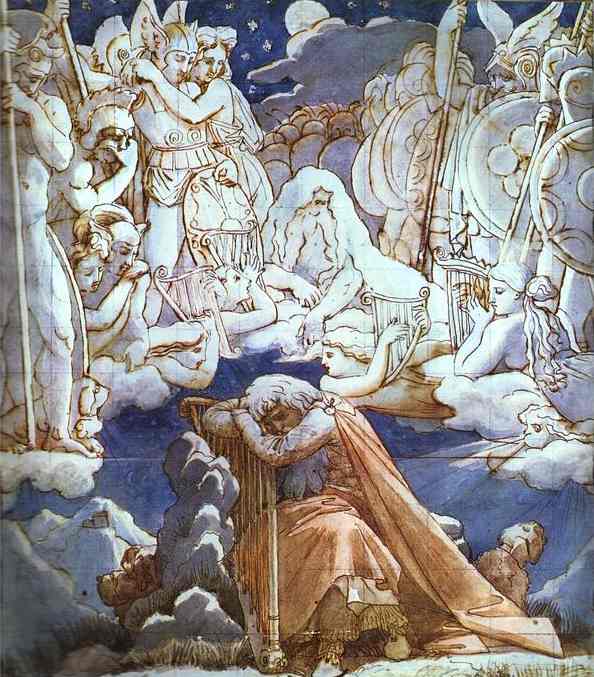
spiritual Sunday
I’ve recently been reading Alex Owen’s The Place of Enchantment: British Occultism and the Culture of the Modern, which is helping me better understand how poetry aids us in our search for God—or if that sounds too institutional, for the numinous. Owen focuses on the spiritual exploration underway at the turn of the 20th century that would impact some of our greatest poets.
According to Owen, the end of the 19th century saw “a revival of interest in mysticism and mystery traditions of all kinds,” with a variety of groups promising “access to esoteric readings of the world’s sacred literatures and an unmediated experience of the divine”:
In this heightened spiritual atmosphere a series of notable conversions of Roman Catholicism occurred, but many of the most spiritually inclined no longer identified in any way with formal Christian observance. They turned instead to the heterodox spirituality of occultism, with its animistic sense of a living universe and broad range of teachings drawn from sources as diverse as those of mystical Christianity, the Hermetic traditions of the West, and the religions of the East.
Owen sees this development as, in part, a response to the dislocations and upheavals of the period, which included the rise of industrial capitalism, rampant materialism, and a crisis of faith in which Christianity appeared unable to address rapid social changes.
How does poetry fit into this? If mysticism and mystery traditions point to the existence of another realm, perhaps poetry gives us special access to it. As critic and poet T.E. Hulme saw it, poetry is “intuited truth” and a “non-discursive representation of intuited reality.” With the Symbolist poets, Hulme believed that
a symbol can act as the gateway to the apprehension of a reality that eludes everyday consciousness. This does not mean that a symbol can be reduced to a single meaning, but rather that certain powerful symbols can facilitate “knowledge” or an experience that would otherwise escape us.
Along with Hulme, Owen mentions William Butler Yeats, Ezra Pound, and T. S. Eliot as poets influenced by this vision of poetry. But to move the discussion past a particular poetic movement and to poetry in general, we can say that it helps describe the sense we have that poetry touches upon realities beyond expression.
By this measure, to touch the divine you have but to choose a poem that makes your spirit soar. I could choose virtually any great poem as an illustration—Coleridge’s “Kubla Khan,” for instance–but since Owen talks extensively about W. B. Yeats and his interest in Celtic mysticism and ritual magic, here is a portal vision that shows up in The Land of Heart’s Desire:
Faeries, come take me out of this dull world,
For I would ride with you upon the wind,
Run on the top of the dishevelled tide,
And dance upon the mountains like a flame!
As I say, choose your own favorite poem. And know that, as it takes you out of yourself, it puts you in touch with spirit.